Disclosure: This article contains affiliate links. We may earn a commission from purchases at no extra cost to you, which helps our travel content.
After three decades scrutinizing balance sheets, I've found that a destination's true value lies not in its GDP but in the richness of its culinary ledger. Bayamón, Puerto Rico's second-largest city, offers precisely such an investment opportunity for the discerning palate. Often overlooked in favor of San Juan's more touristed environs, this urban center has quietly cultivated a gastronomic portfolio diverse enough to satisfy even the most particular epicurean accountant. From street-corner frituras to white-tablecloth establishments, Bayamón's culinary assets are appreciating at a remarkable rate—and paying delicious dividends to those wise enough to venture beyond the capital.
The Street Food Renaissance: Bayamón's Culinary Foundation
The prudent traveler knows that authentic cultural dividends are often highest where overhead costs are lowest—specifically, at street level. Bayamón's kioscos (food kiosks) and roadside vendors represent the bedrock investment of Puerto Rican cuisine, offering maximum flavor returns with minimal capital outlay.
At Plaza del Mercado, the city's bustling food market, vendors compete for attention with sizzling alcapurrias (fritters stuffed with beef or crab), crispy bacalaítos (salt cod fritters), and the ubiquitous pinchos (grilled meat skewers). The market's eastern corner hosts Doña Fela's stall, where her pionono (sweet plantain stuffed with seasoned beef) has remained unchanged for four decades—a testament to the wisdom of maintaining proven assets in one's portfolio.
For the mobile gourmand, I recommend investing in a quality insulated water bottle. The Caribbean heat can be relentless, and maintaining proper hydration is essential when sampling Bayamón's street delicacies. My own has accompanied me through culinary expeditions across five continents, proving its worth time and again in tropical climates.
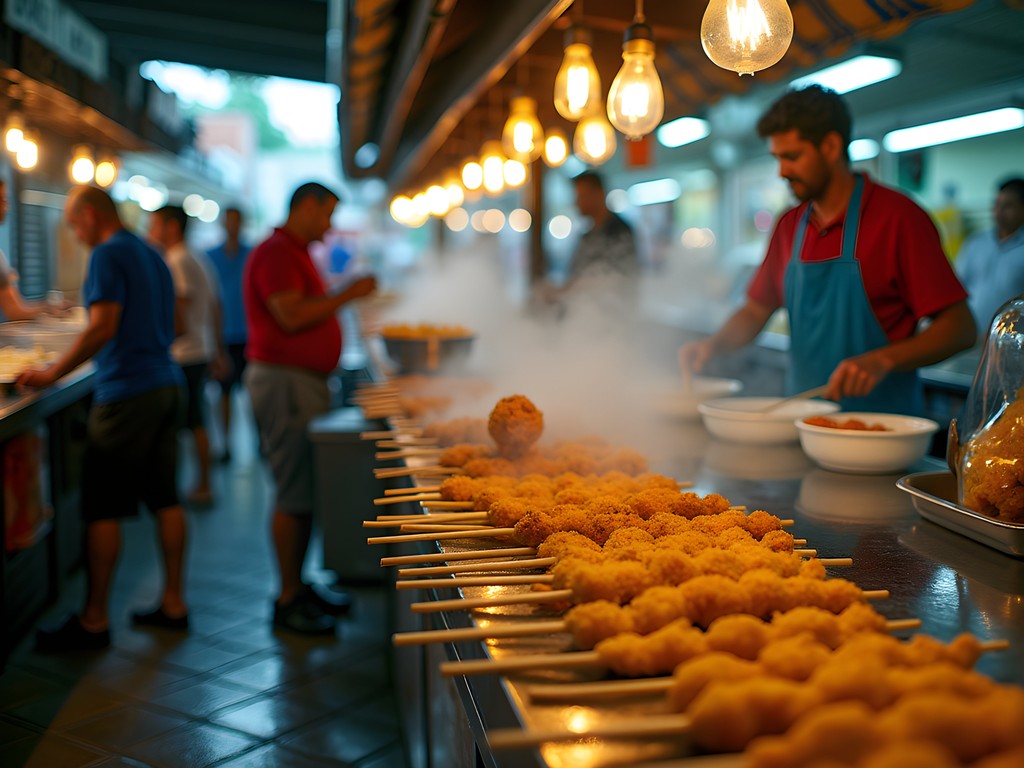
💡 Pro Tips
- Visit Plaza del Mercado before 11am to catch vendors at their freshest and most energetic
- Look for kiosks with queues of locals—they're invariably the best performers
- Try the mofongo at Kiosko El Boricua, where they stuff the mashed plantains with everything from garlic shrimp to slow-roasted pork
The Mid-Market Marvels: Family Restaurants with Soul
If street food represents Bayamón's culinary start-ups, then family-owned restaurants constitute its robust middle market—establishments with enough history to have refined their offerings while maintaining the authenticity that initially attracted their clientele.
Case in point: Restaurante La Casita, a 30-year-old institution where three generations of the Rodríguez family have perfected their mofongo relleno de churrasco (mashed plantains stuffed with skirt steak). What began as a modest eight-table operation has expanded thoughtfully, maintaining quality while increasing capacity—a business strategy I've always admired.
Equally impressive is El Ladrillo, housed in a converted colonial building near the city center. Their arroz con gandules (rice with pigeon peas) achieves that perfect balance of seasoning and texture that only comes from decades of institutional knowledge passed between chefs. When dining here, I was reminded of a small ryokan in Kyoto where similar intergenerational wisdom produced equally transcendent results.
For those planning multiple restaurant visits, I suggest bringing a digital food journal to record your gastronomic discoveries. Mine has become an invaluable reference document, particularly when recommending establishments to friends with specific dietary preferences or flavor profiles.
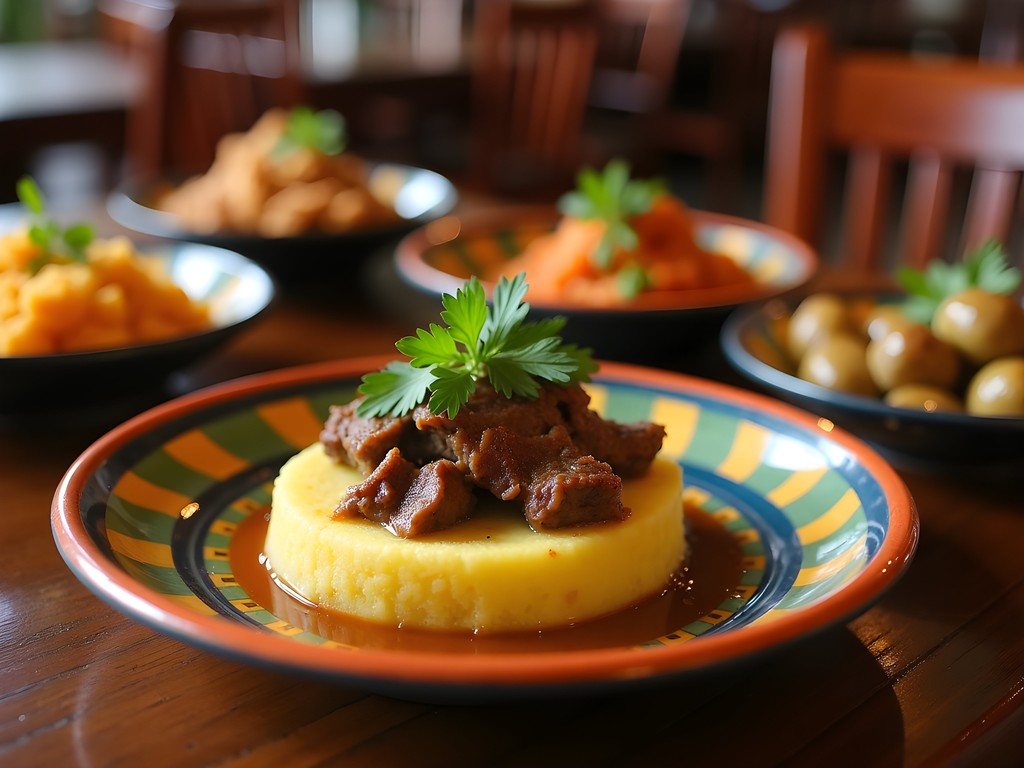
💡 Pro Tips
- Make reservations for dinner at El Ladrillo at least two days in advance—their 14 tables fill quickly
- Order the house-made hot sauce at La Casita, but approach with caution; its intensity compounds exponentially
- Most family restaurants offer a 'menú del día' (daily special) that provides excellent value for money and typically features seasonal ingredients
The Culinary Innovators: Modern Puerto Rican Cuisine
What truly distinguishes Bayamón's evolving food scene is its new wave of culinary entrepreneurs—chefs who respect tradition while embracing innovation. These gastronomic disruptors are rewriting Puerto Rico's culinary narrative with bold flavor fusions and contemporary techniques.
At Sabor Moderno, Chef Alejandra Vélez applies her Culinary Institute of America training to indigenous ingredients, creating dishes like sofrito-infused risotto with local seafood and cilantro oil. The restaurant's five-course tasting menu represents remarkable value at $65 per person—a prime example of high returns on culinary investment.
During my visit last autumn, I was particularly impressed by La Raíz, where Chef Carlos Portela combines his grandmother's recipes with molecular gastronomy techniques. His deconstructed pasteles (traditional holiday dish) maintains the authentic flavor profile while presenting it in a thoroughly contemporary manner. The restaurant's cocktail program deserves equal praise, particularly their pitorro (moonshine) infusions.
When exploring these innovative establishments, I rely on my pocket translator to decipher complex menu descriptions. While many staff speak English, the nuances of these creative culinary descriptions are often best understood in their original Spanish.
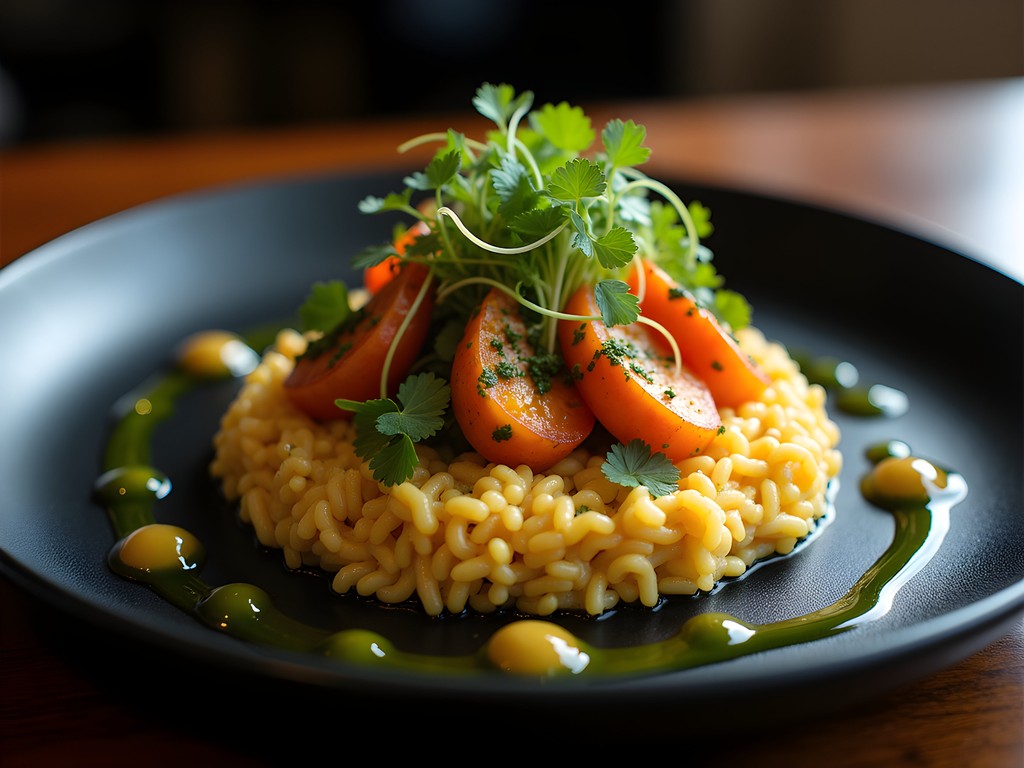
💡 Pro Tips
- Book Sabor Moderno's chef's table experience for an interactive dining experience with wine pairings
- Visit La Raíz on Wednesdays when they feature experimental dishes not yet added to their regular menu
- Ask about the story behind signature dishes—most innovative chefs are eager to explain their creative process and family connections
Rum & Coffee: The Liquid Assets of Bayamón
No assessment of Bayamón's culinary portfolio would be complete without examining its liquid assets—specifically, its contributions to Puerto Rico's celebrated rum tradition and its emerging specialty coffee scene.
While Bayamón doesn't house major distilleries, it compensates with establishments like La Destilería, a craft rum bar offering vertical tastings of aged expressions from across the island. Their knowledgeable staff guided me through a flight of 5, 8, and 12-year expressions, explaining how Puerto Rico's climate accelerates the aging process compared to cooler regions—a fascinating lesson in terroir economics.
The city's coffee culture has also experienced significant appreciation in recent years. Café Altura, situated in a converted colonial home, sources single-origin beans from Puerto Rico's central mountains. Their baristas employ methods from pour-over to siphon brewing, treating coffee preparation with the precision of a laboratory experiment and the reverence of a tea ceremony.
For coffee enthusiasts planning to explore Puerto Rico's caffeine offerings, I recommend packing a travel coffee kit. This compact device has saved me from mediocre hotel coffee across four continents, allowing for quality control even when accommodations fall short of expectations.
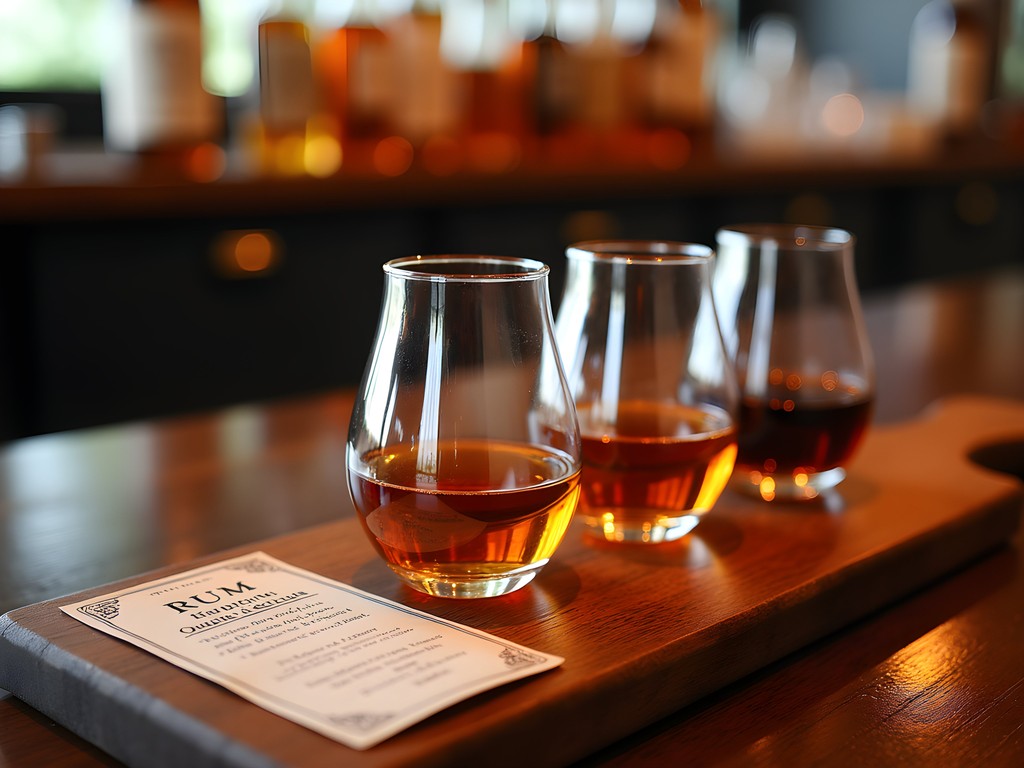
💡 Pro Tips
- Visit La Destilería on Thursdays for their rum education sessions with complimentary tastings
- Try Café Altura's cold brew flight, featuring three different bean origins prepared through various extraction methods
- Purchase coffee beans within three days of your departure to ensure maximum freshness when you return home
Culinary Souvenirs: Edible Investments to Take Home
The financially prudent traveler understands that souvenirs should offer lasting value rather than ephemeral novelty. Bayamón provides numerous opportunities to acquire culinary investments that continue paying dividends long after your return journey.
Spices represent perhaps the most efficient means of transporting Puerto Rican flavors. At Especias Don Pedro, I acquired vacuum-sealed packages of authentic sazón and adobo blends that have transformed my home cooking. Their proprietary sofrito paste, frozen for maximum flavor preservation, has become an essential component in my weekend rice dishes.
For those with a sweet tooth, Dulces Típicos offers handmade coconut candies and sesame brittles packaged to withstand international travel. Their dulce de papaya (papaya candy) makes for particularly thoughtful gifts, its tropical sweetness providing a welcome respite during winter months.
To properly store these culinary treasures upon returning home, I've found a vacuum sealer to be indispensable. This device extends the shelf life of specialty ingredients considerably, ensuring your edible investments maintain their value over time. For spices specifically, consider investing in airtight spice jars to preserve their aromatic compounds.
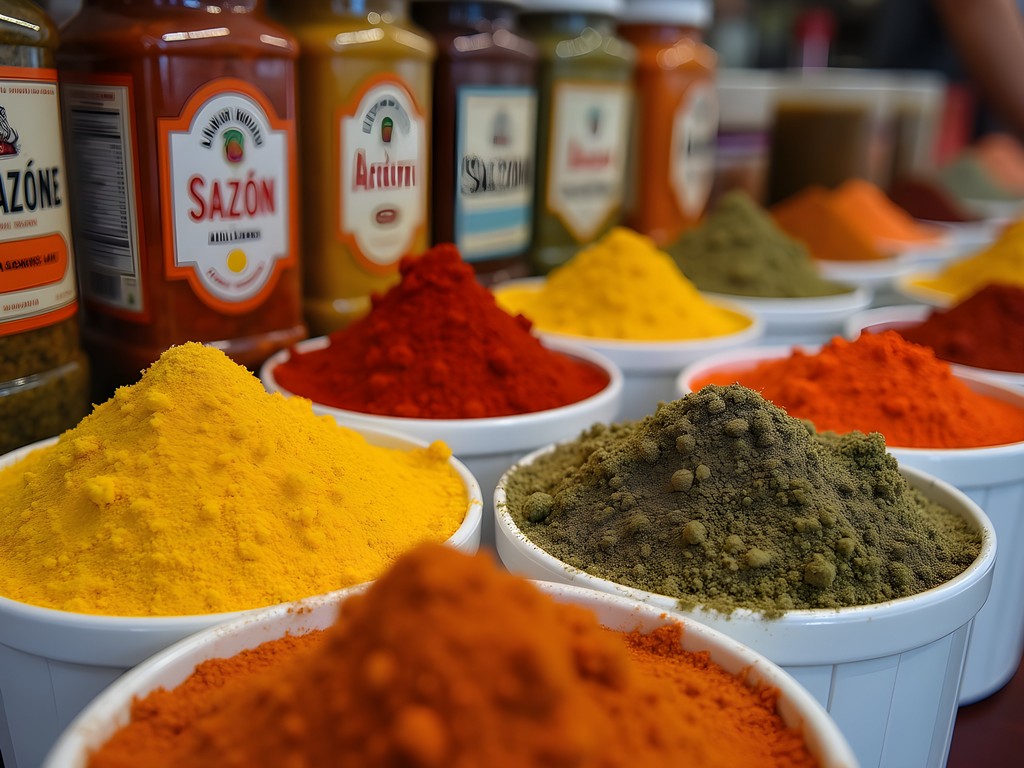
💡 Pro Tips
- Check customs regulations before purchasing food items—most packaged spices and candies are permissible, but fresh produce typically is not
- Purchase vacuum-sealed coffee directly from roasters for maximum freshness
- Ask vendors about proper storage conditions for specialty items like mabi (fermented drink) or pitorro (moonshine)
Final Thoughts
Bayamón's culinary landscape represents a masterclass in gastronomic portfolio management—a thoughtful balance of traditional assets and innovative ventures that together create sustainable growth and authentic experiences. From the humble frituras at Plaza del Mercado to the molecular gastronomy at La Raíz, this often-overlooked city offers remarkable returns for culinary investors willing to venture beyond San Juan's more familiar territory.
As I've discovered through decades of financial analysis and cultural exploration, true value rarely announces itself with fanfare. Rather, it reveals itself gradually to those patient enough to look beyond surface metrics. Bayamón's food scene epitomizes this principle—a quiet revolution of flavor that rewards the curious traveler with dividends paid in memorable meals and cultural insights.
Whether you're drawn to the comfort of family recipes passed through generations or the excitement of avant-garde culinary techniques, Bayamón's tables await. And unlike volatile financial markets, this investment promises consistently satisfying returns—measured not in currency, but in the universal language of delicious discovery.
✨ Key Takeaways
- Bayamón offers exceptional culinary diversity at more favorable prices than neighboring San Juan
- The city's food scene balances traditional street food with innovative fine dining experiences
- Family-owned restaurants provide the best value proposition with generations of culinary expertise
- Local rum and coffee culture adds depth to the gastronomic experience
- Culinary souvenirs allow you to extend your Puerto Rican flavor journey at home
📋 Practical Information
Best Time to Visit
year-round, though November-April offers the most pleasant temperatures
Budget Estimate
$75-150 per day for meals and culinary experiences
Recommended Duration
3-5 days to properly sample the diversity of offerings
Difficulty Level
Beginner

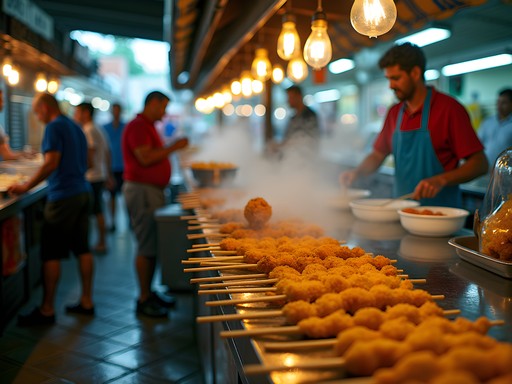
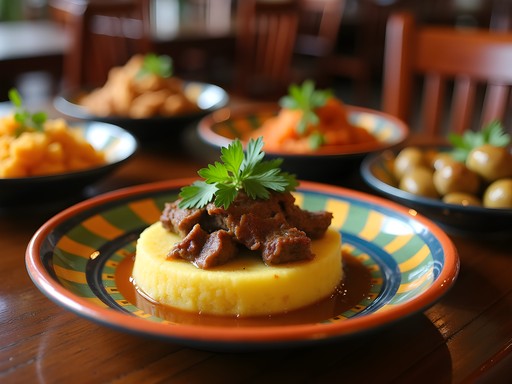
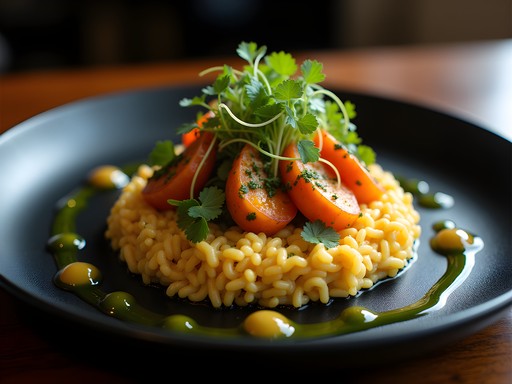
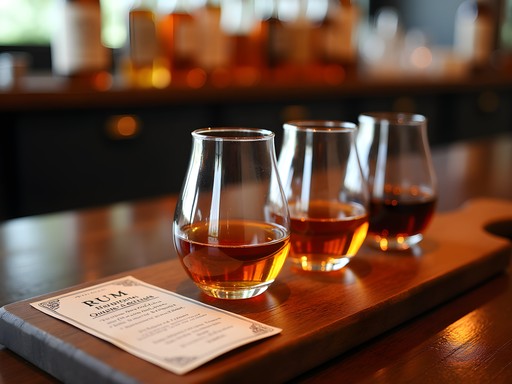
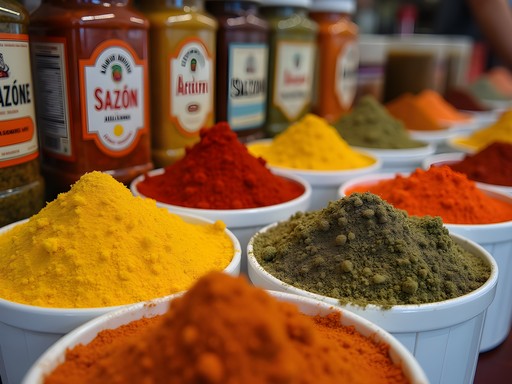



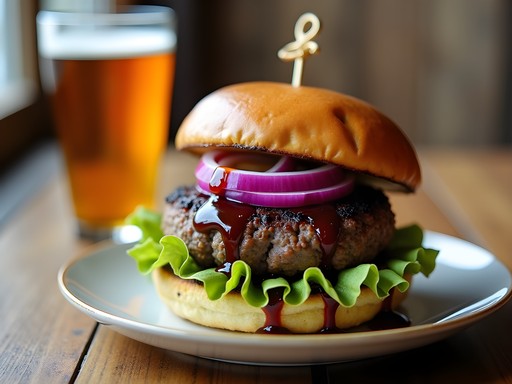
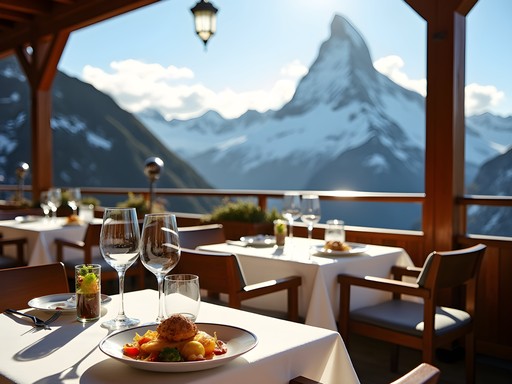
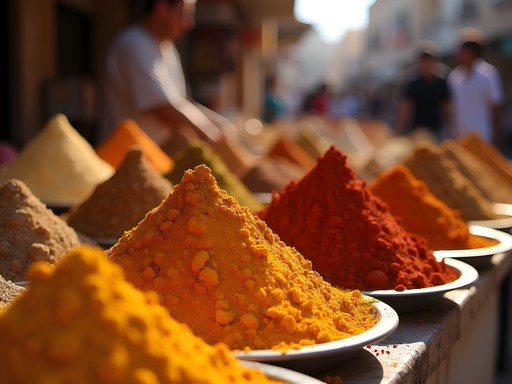
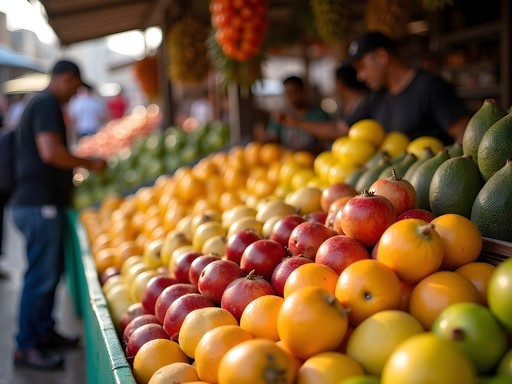
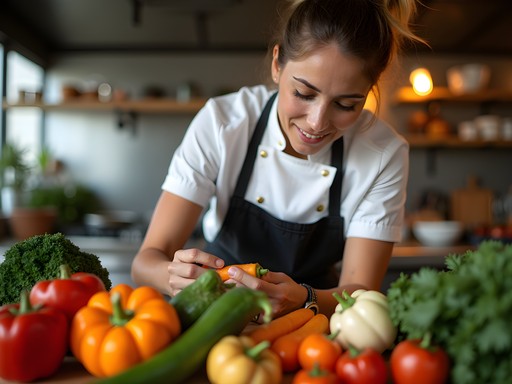
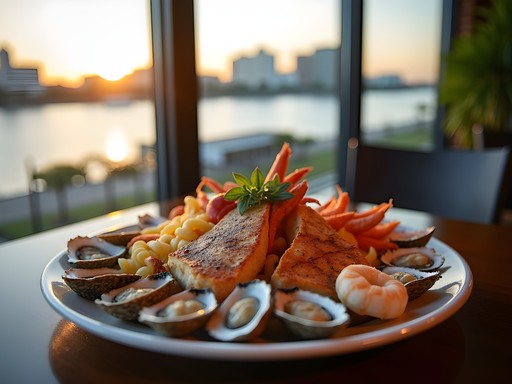
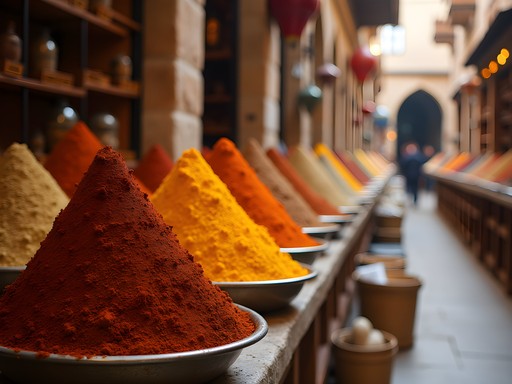
Comments
Taylor Moreau
I've been incorporating Bayamón into my business travel itineraries when visiting clients in San Juan, and it's become a highlight. The rum distillery tours you mentioned pair exceptionally well with afternoon business meetings - professional yet culturally immersive. For colleagues looking to experience authentic Puerto Rican cuisine without the cruise ship crowds, this is the destination. The coffee culture alone warrants the trip. Well-researched piece, Douglas.
smartchamp
Quick question - is Bayamón easy to get to from San Juan without a car? Thinking about taking my family but we're not renting.
waveadventurer
There's a train from San Juan! Pretty cheap too
smartchamp
Oh perfect, thanks!
roamdiver
Love this! What's the price range like for the mid-market family restaurants?
greenvibes
The photos are making me so hungry!!
Hunter Thompson
Brilliant write-up Douglas! I was backpacking through PR last summer and spent way more time in Bayamón than I planned because of the food. The coffee scene there is seriously underrated - found this little roastery that let me watch the whole roasting process. Also have to give a shout to the night food trucks near the university. Spent like $8 and ate like royalty. The tripletas from that one truck with the reggaeton blasting... absolute banger. Would love to hear more about the fine dining spots you mentioned - thinking of going back with my girlfriend and need to impress her haha
Jean Wells
Douglas, your financial metaphors for culinary analysis are refreshingly unique. I spent two weeks exploring Puerto Rico's food scene last year, and Bayamón was indeed an underrated gem compared to the tourist-heavy San Juan establishments. The mid-market family restaurants you mentioned offer exceptional value propositions - authentic preparation methods at 40-50% less than Old San Juan equivalents. I'm curious about your take on how Bayamón's culinary identity differs from Ponce's? Both cities seem to be developing distinct gastronomic personalities separate from the capital.
Douglas Wright
Excellent observation, Jean. Ponce leans more heavily into traditional Criolla cuisine with less experimental fusion, while Bayamón's proximity to San Juan has created more culinary cross-pollination. Both wonderful, just different investment strategies if we're keeping with the metaphor!
waveadventurer
Love this! Adding to my PR bucket list
beachvibes
This sounds amazing! I'm heading to San Juan in March and totally want to make a day trip to Bayamón now. How safe is the street food for tourists? I have a sensitive stomach lol but don't want to miss out on the authentic experience. Also any specific stalls you'd recommend for first-timers?
Douglas Wright
Great question! The street food in Bayamón is generally very safe. Look for stalls with high turnover - that means fresh ingredients. Start with alcapurrias or bacalaítos near Plaza del Mercado. Those are crowd favorites and easier on the stomach.
beachvibes
Perfect, thanks so much!
smartperson
YES!! Finally someone writing about Bayamón's food scene! Everyone always focuses on San Juan but Bayamón has some of the best mofongo I've ever had. The family restaurants you mentioned are absolute gems. My Puerto Rican friend took me to a place near the town square last year and I still dream about their pernil. Douglas, did you try any of the alcapurrias from the street vendors? Those are life-changing.
roamdiver
Which place near the town square?? I'm going in March and need specifics lol
smartperson
I think it was called El Bohío? Small place with the blue awning. Get there early because they run out of pernil by like 2pm!
globevibes
This looks amazing! Quick question - are most of these places walkable from each other or do you need a car to get around Bayamón?
Hunter Thompson
You'll definitely want some wheels mate. I rented a car for like 3 days and it was totally worth it. The street food spots are spread out a bit but honestly that's part of the adventure!
Venture X
Premium card with 2X miles, $300 travel credit, Priority Pass